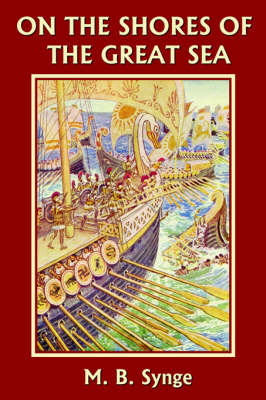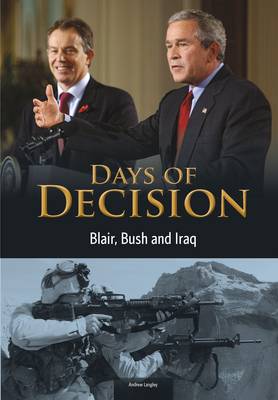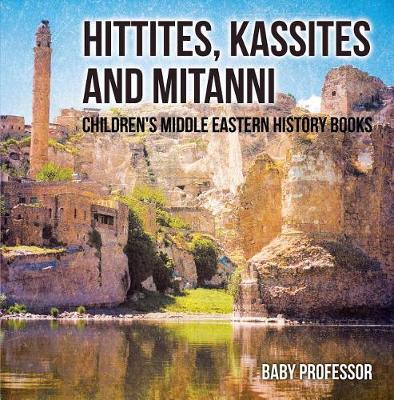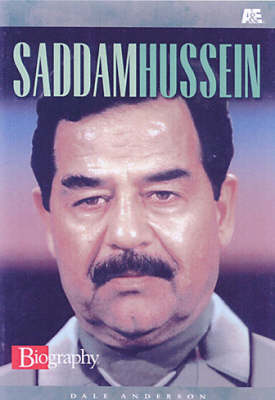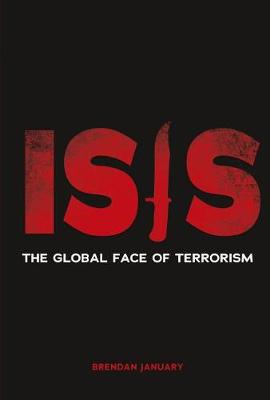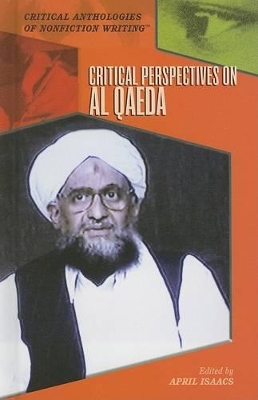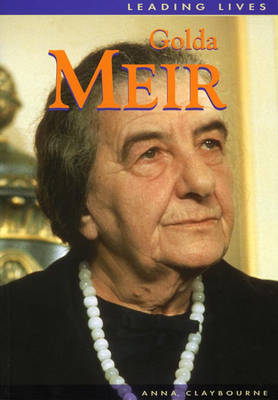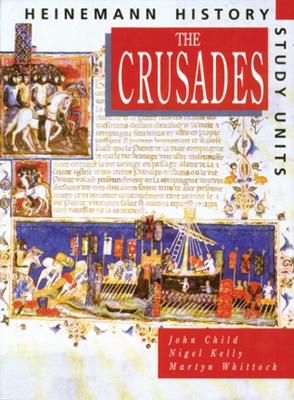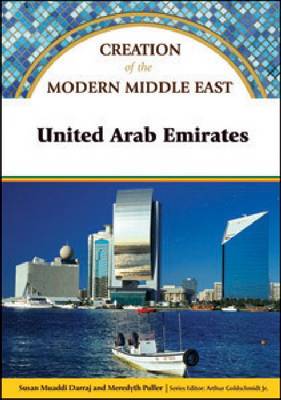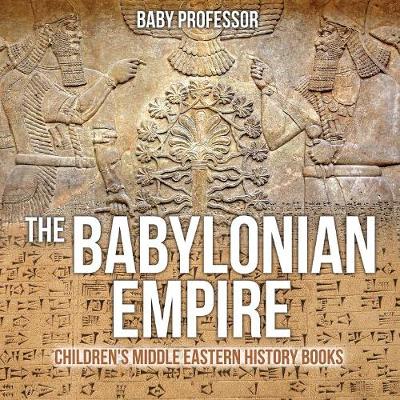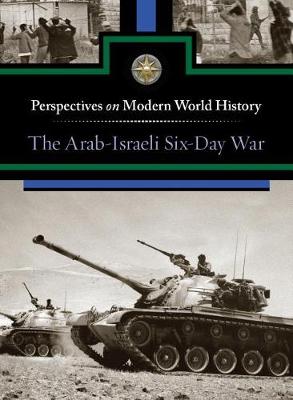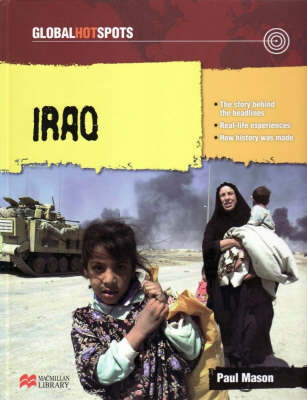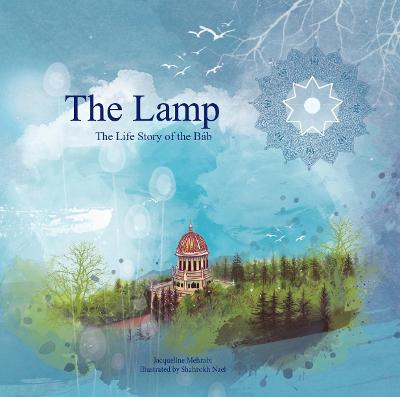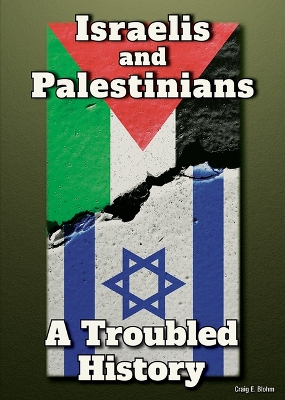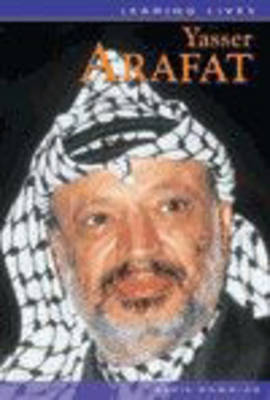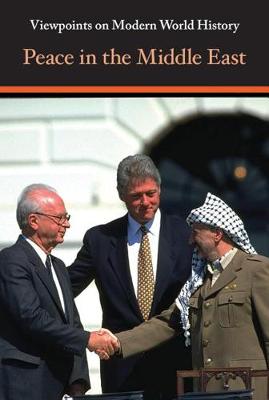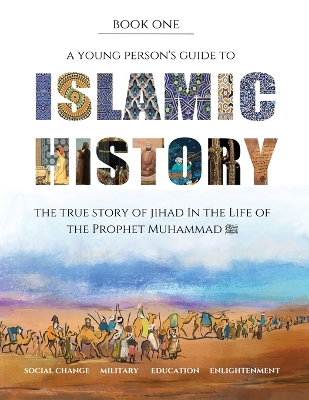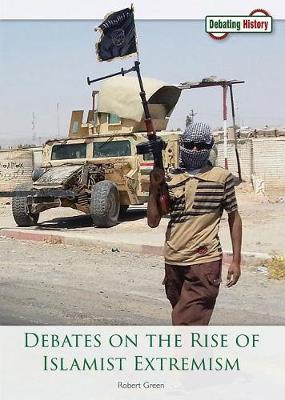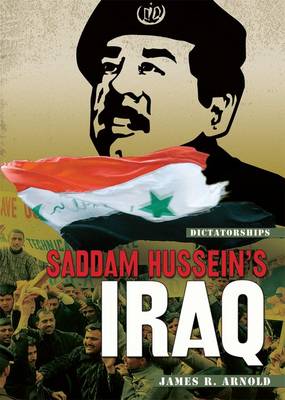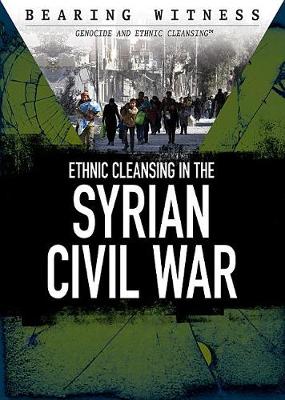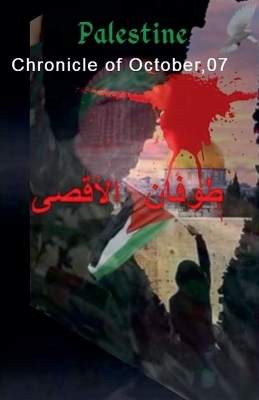Why did George W. Bush and Tony Blair decide their countries should invade Iraq in 2003? What choices did they have, what support and advice did they receive, and how have their decisions affected the world we live in and their legacies? This book looks at a controversial event from recent times, showing how important world leaders chose to follow a particular course of action.
Hittites, Kassites and Mitanni Children's Middle Eastern History Books
by Baby Professor
The Longman History Project (Longman History Project)
Critical Perspectives on Al Qaeda (Critical Anthologies of Nonfiction Writing)
Leading Lives Golda Meir (Leading Lives)
"Leading Lives" covers key leaders in history and explores their lives and achievements. Each book examines the person's early years, studies and interests, professional life, low points, and considers the links between that individual and the history and events of the time. An underlying theme is whether an individual can change the course of history.
Student Book. The Crusades (Heinemann History Study Units)
by John Child, Nigel Kelly, and Martyn Whittock
Focusing on the Crusades, this is one of a history series, modular in structure, which offers teachers the flexibility to design their own scheme of work at Key Stage 3 of the National Curriculum. Each book covers all the core study units and also a wide range of optional units, and aims to be visually stimulating as well as offering activities which develop both skills and understanding. An extensive selection of primary and secondary sources is provided. Each pupil book is accompanied by a tea...
United Arab Emirates (Creation of the Modern Middle East)
by Susan Muaddi Darraj and Meredyth Puller
Formed in 1971, the United Arab Emirates comprises seven individual emirates, where vast amounts of oil were discovered in the 1950s. With an oil reserve that makes up almost one-tenth of the world's total, this desert country the size of South Carolina has a stable economy, a labor force that is 13 percent female, and boasts one of the highest standards of living in the world.Although most people living in the UAE are Arabs, about 80 percent of the emirates' inhabitants are foreign workers and...
The Babylonian Empire Children's Middle Eastern History Books
by Baby Professor
The Arab-Israeli Six-Day War (Perspectives on Modern World History)
Explores the conflicts between Iraq and its neighbours, as well as within the country, over religion and culture.
Peace in the Middle East (Viewpoints on Modern World History)
The Fall of Constantinople (Pivotal Moments in History)
by Ruth Tenzer Feldman
Debates on the Rise of Islamist Extremism (Debating History)
by Robert Green
Traces the rise and fall of Iraq's Saddam Hussein and describes life under his poorly planned economic programs, greed, and ruthless brutality.
Ethnic Cleansing in the Syrian Civil War (Bearing Witness: Genocide and Ethnic Cleansing)
by Bridey Heing
Anwar Sadat and Menachem Begin (Modern Peacemakers)
by Heather Lehr Wagner
The 1978 Nobel Peace Prize was awarded to Anwar Sadat, president of Egypt, and Menachem Begin, prime minister of Israel, for their contributions to the Camp David Accords. These accords comprised two frame agreements on peace in the Middle East, and on peace between Egypt and Israel. The choice of these laureates, according to the Nobel Committee, was notable because never before had they considered it fitting ""to award the Peace Prize to statesmen from the troubled and sadly devastated Middle...
